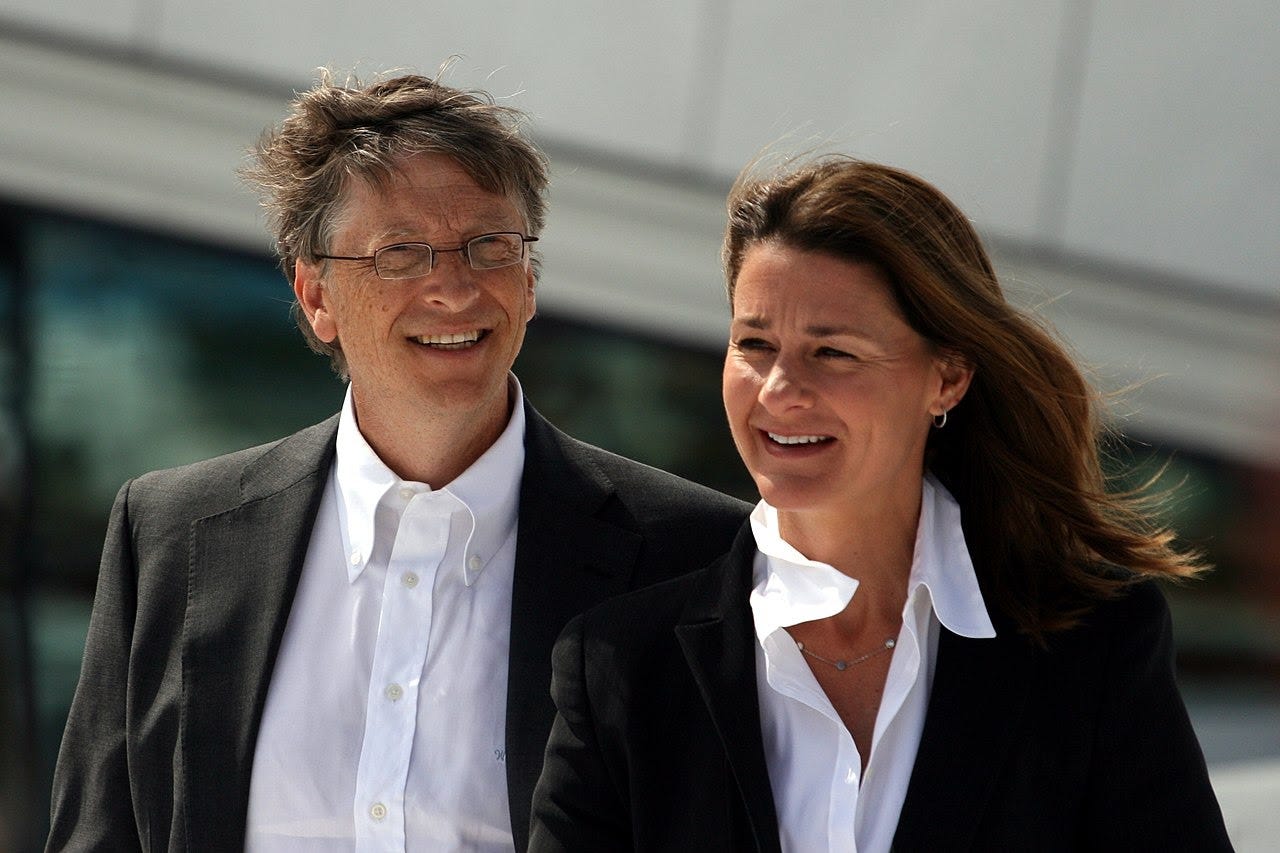The Gates Foundation’s Blind Spot
An ideological belief in market-based solutions and inevitable progress makes the organization more of a holding company than a charity and rules out the capacity for transformative change.

The Bill & Melinda Gates Foundation is the world’s largest nonprofit. With an endowment worth nearly $50 billion, the Foundation and its predecessors have disbursed over $60 billion worth of grants since 1994, recently averaging about $5 billion per year.1 The Foundation has taken it upon itself to enact the UN’s Sustainable Development Goals,2 working globally to address poverty, inequity, climate change, and shortcomings in public health. Due to the scope of funding at its disposal, the Foundation also has significant influence over global research trends, and its nonprofit status allows for experimentation in the developing world with relatively little regulatory oversight. But while the Gates Foundation is presented as a forward-thinking global charity, in practice it acts more like a broker of private infrastructure and a holding company that follows its own economic interests. The Gates Foundation favors an ideology of “technological solutionism,”3 which assumes that social, political, and economic issues can be resolved through targeted trials of new technology, which are designed to return easily interpretable results. The Foundation’s endowment is used to fund startups and experimental campaigns in what ultimately amounts to the Foundation furnishing market footholds for private enterprise. By addressing structural issues through market participation, the Foundation substitutes the negative externalities of industry rather than alleviating them and, moreover, forecloses on rather than forges the possibility for positive, transformative change.

